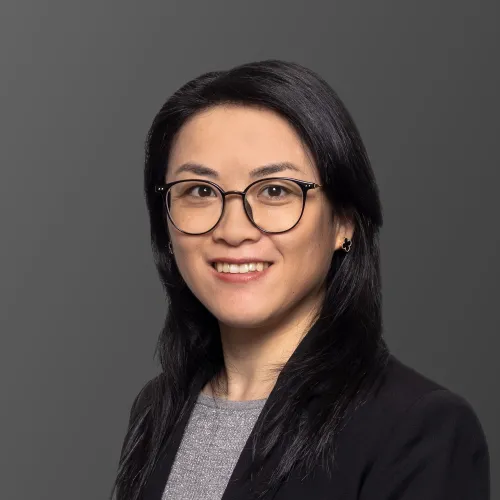Together with Finnish partners, develop the modeling and dispatch tool of MES for Chinese industrial parks, justify its energy-saving and commercialization potential in real site.
Project funding
Business Finland
Implementation time
December 2020 – April 2023
Project description
Multi-carrier energy system(MES) has been a centerpiece in the field of integrated energy system. Compared to traditional energy systems, it harvests energy saving through the interactive response and complementary effect among different energy-carrier subsystems such as electricity, steam, cooling water, compressed air, and so on. China’s industrial parks have long been the most significant primary energy consumers. In a Chinese city, more than 70% of the primary energy is consumed by its affiliated industrial parks. To reduce the primary energy consumption, an effective and promising approach is to transform its existing energy supply structure into a corresponding MES. This project will develop system-level operational dispatch optimization methodology, and validation of such an MES and its dispatch system through site demonstration.
Project goals
- develop the modeling tool which covers the whole process of “production-transmission-distribution-consumption” in MES, including its topological superstructure and transient behavior.
- develop an operational dispatch system which cooperates with the industrial park data collection and reaches the optimal operation dispatch scheme. Based on the developed dispatch system, this task further quantifies the economic feasibility of demand side response in industrial parks and justifies its effectiveness through simulation of the demo site.
- quantify the energy-saving and cost-saving benefits of MES implementation and discusses its commercialization possibility.
Partners
- Granlund Oy, Finland
- Zhejiang University, China
- Zhejiang State Grid, China
- Zhejiang Zheneng Technology Research Institute, China
- Changzhou Engipower Technology, China
Contacts

Liuliu Du-Ikonen
Other staff
Risto Soukka, sustainability assessment
Mika Luoranen, building energy
Tero Tynjälä, energy system
Liuliu Du-Ikonen, coordination and sustainability assessment

